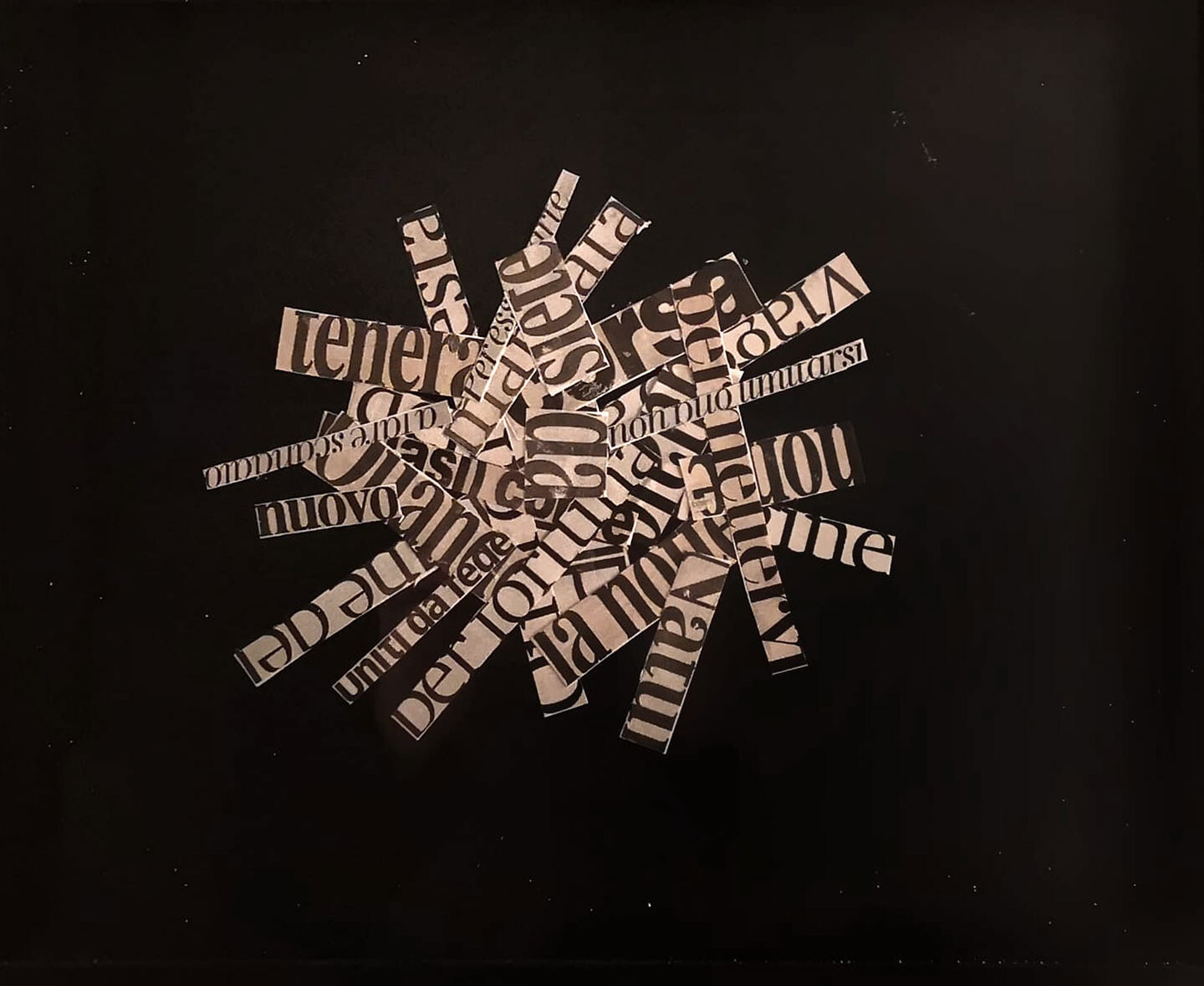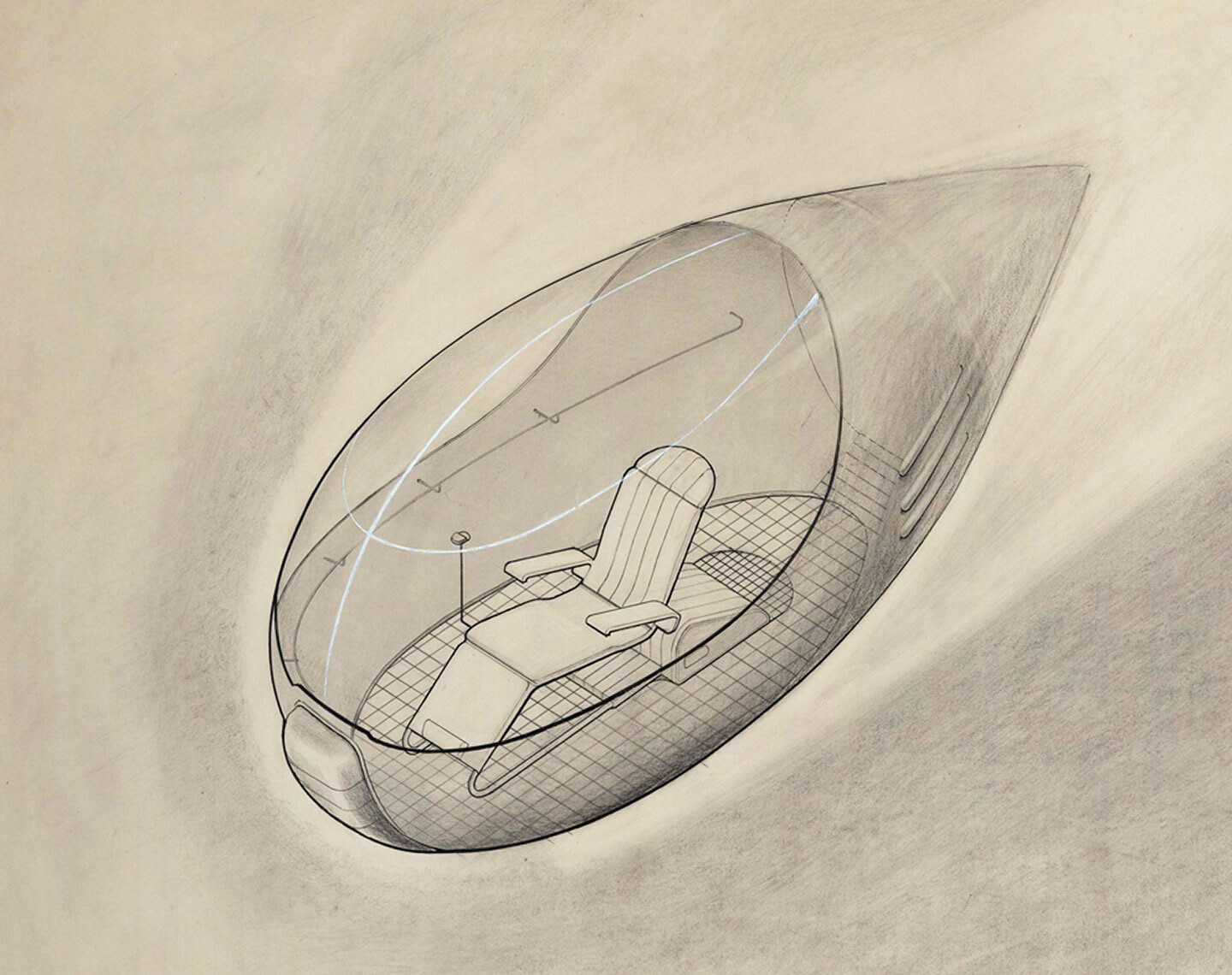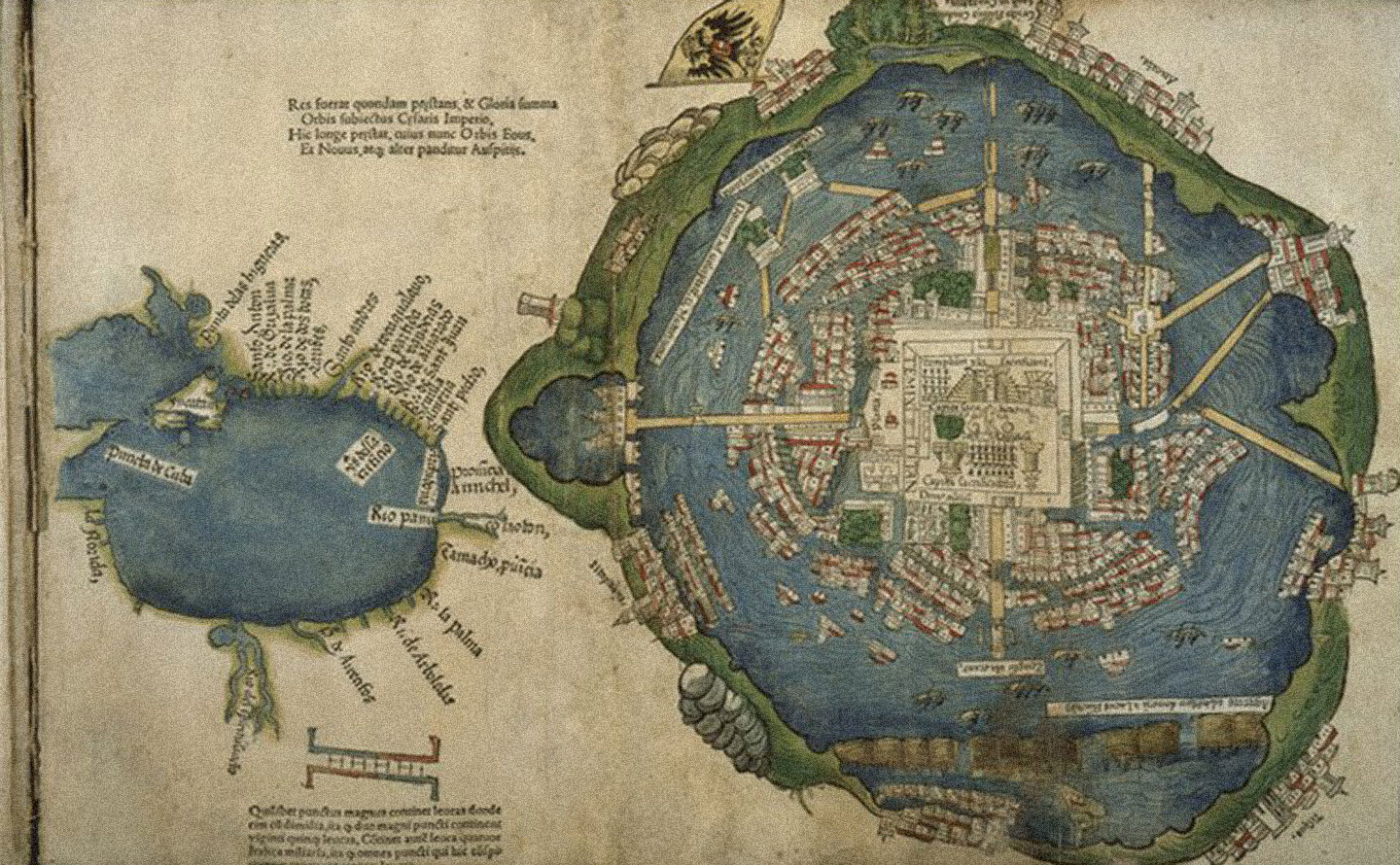Death


The global spread of Covid-19 demonstrates a seeming paradox: we all die, yet as the virus has proven, death, like everything else in life, is not evenly distributed. How might differing interpretations of death’s significance from religious, cultural, and/or evolutionary standpoints reflect or critique the social inequalities currently manifesting in disproportionate death rates across race and socioeconomic status? Does the hope for staving off death represent a radical optimism or a head-in-the-sand state of denial? This series of essays from e-flux journal’s archives offers not an alternative to death, but the possibility of new meanings and the alternate futures they might generate.
Forty years ago, I remember shouting, “No future! No future!” with some young British musicians. I thought it was the provocation of an unlikely avant-garde. Now, everybody thinks that the future is over; now, the sentiment aligns with a conformist position held by most of humankind. “No future” has become common sense, and this is why cynicism is expanding in contemporary culture, in contemporary political behavior. Futurism was the expression of a society that expected something from the future, and of a society that truly felt the warmth of community, whether encapsulated in the nation, the family, or social ties to working communities. All the above was the reality of lived experience a hundred years ago. No more! Today, the nation is a nonexistent thing. The dissolution of the nation is an effect of the pervasive digitalization of information and of power based on information. Do you think that Google belongs to the United States? Not at all. The United States belongs to the territory of Google. So does Italy, and France, and so on.
Cosmist thinkers founded the “organization of world-transformation”—an organization that was meant to encompass all the types of humanity’s creative activity, all spheres of its theoretical and practical application—on the creative principle found in art. Art opens before humanity an opportunity to move away from the present instrumental, technical progress, which acts upon nature only from outside, by use of mechanisms and machines, to a new, mature type of progress that would be organic, that would transform and spiritualize the world through a living, non-mediated touch.
With the assistance of a brilliant Wakandan engineer (let’s say T’Challa’s sister Shuri), one entrepreneur develops a process that can manufacture two spears in one hour. This advancement will shake up the whole spear industry because this entrepreneur can do in one hour what the others do in two. This advantage and its market consequences has a name. It’s called relative surplus value. What happens next? The factory that makes two spears in one hour moves forward in time; that is where the extra value is. It moves toward a society that has yet to exist. This society does not have as yet its culturally necessary labor time set to two spears in one hour. This factory is then, for a moment, the future of its culture. But eventually, the other spear entrepreneurs figure out how to make two spears in one hour, and so two spears in one hour becomes the new culturally necessary labor time. Then one day, an entrepreneur applies some science to spear production. This new kind of spear can fire beams of concentrated energy. All the warriors want this spear. The market is shaken up again. For a time, the entrepreneur enjoys relative surplus value, but from the consumer end of the market.
“The everyday “miracle” that transpires in pregnancy, the production of that number more than one and less than two, receives more idealizing lip-service than it does respect. Certainly, the creation of new proto-personhood in the uterus is a marvel artists have engaged for millennia (and psychoanalytic philosophers for almost a century). Most of us need no reminding that we are, each of us, the blinking, thinking, pulsating products of gestational work and its equally laborious aftermaths. Yet in 2017 a reader and thinker as compendious as Maggie Nelson can still state, semi-incredulously but with a strong case behind her, that philosophical writing about actually doing gestation constitutes an absence in culture.
Wars have evolved to many more frames per second in the years since the war on Iraq began (and have indeed accelerated because of that war), and we continue to participate in them no matter how undecided, baffled, or distant we are towards them—and no matter who “we” are (just yet). We participate in war because we consume its cruel images, and often at a mediated distance. The Lebanese writer and translator Lina Mounzer profoundly wrote in 2015: “I have buried seven husbands, three fiancés, fifteen sons, and a two-week-old daughter … I have watched my city, Maarrat al-Numan, burn, I have watched my city, Raqqa, burn, I have fled Aleppo … All this I have watched from my living room in Beirut.”






_Section_of_human_placentaWEB.jpg,1600)

